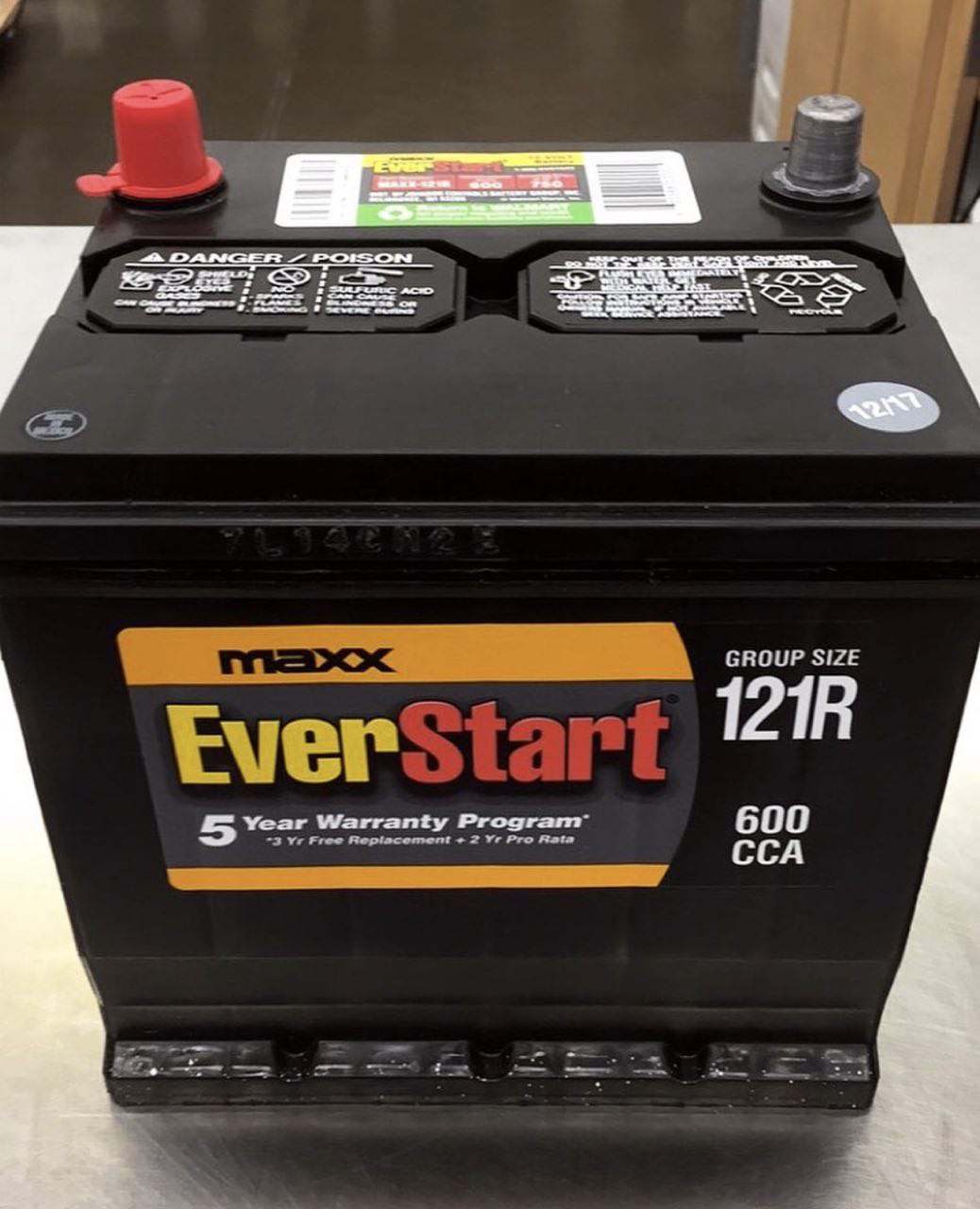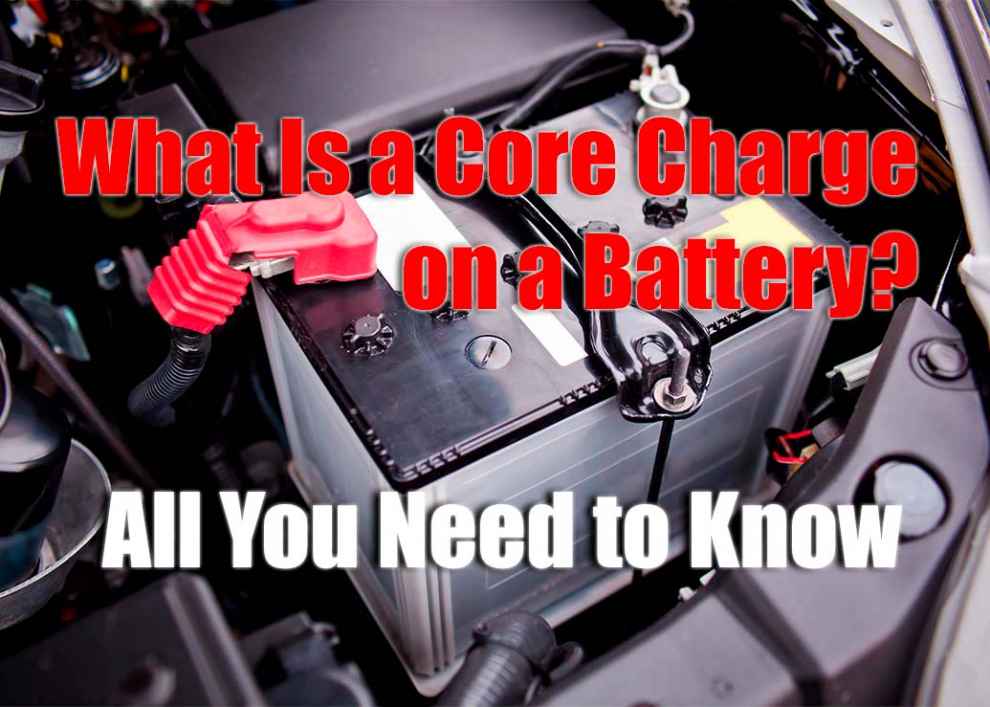It’s important to understand car battery core charges before purchasing a new battery. A core charge is a fee that auto parts stores charge for the disposal of old batteries and for recycling the lead contained in them. It’s an environmental tax that helps keep lead out of landfills and waterways. Knowing what a core charge is, how they work, what you can do to avoid them, and how to get your deposit back are all factors that will help you make an educated decision when purchasing a new car battery.
What Is a Core Charge?
A core charge on a car battery entails several essential aspects that consumers should be aware of:
Definition: A core charge is an amount of money that auto parts stores tack onto the price of a new car battery when selling one to consumers. This fee covers the cost of recycling and disposing of the old battery properly so that hazardous substances such as lead don’t end up in landfills or waterways. It also encourages people to recycle their used batteries instead of disposing of them improperly. Sometimes, this fee may be up to $15 depending on where you purchase your new battery and what state you live in (some states have higher rates than others).

Benefits: Car Battery Core Charges help protect our environment by ensuring used batteries are disposed of properly rather than ending up in landfills or bodies of water where lead and other toxic substances could potentially leak into our ecosystems and cause harm. They also encourage people to recycle their used batteries rather than throw them away, which saves resources by allowing materials like lead acid to be reused instead of wasted like other materials would be if thrown away improperly.
How Do You Get My Core Deposit Back?
Once your used car battery has been recycled or disposed of properly, then the auto parts store which collected your core deposit should refund it back to you within 7-10 days after receiving confirmation from their recycler/disposal company that this was done successfully (so always make sure keep track/record any information related directly related to such transactions for future references). Depending on location & store policies, this may vary, so it’s best advised always ask beforehand what their practices are for returning deposits after service/transaction completion as well as details pertaining if refunds would come via cash/gift card, etc. Have a look here to the Best Battery for Jeep Wrangler.
How to Avoid Paying Core Charges?
The easiest way to avoid a core charge is to bring in your old battery when purchasing a new one. Most auto parts stores will accept your old battery and give you a discount or waive the core charge altogether if you do this. If this isn’t an option, then you can always shop around for different auto parts stores in your area that offer better discounts or don’t even impose core charges at all (some states may even require them to waive the fee due to certain laws so always check around as much as possible). Lastly, make sure that any time you purchase a new car battery from an auto part store, ask them about their policies regarding core charges before making your purchase.
Final Thoughts
Understanding the concept of car battery core charges is important before purchasing one. Knowing what a core charge is, how it works, what you can do to avoid them, and how to get your deposit back are all factors that will help you make an educated decision when purchasing a new car battery. It’s also important to remember that core charges are environmental taxes that help protect our environment by ensuring used batteries are disposed of properly rather than ending up in landfills or bodies of water where lead and other toxic substances could potentially leak into our ecosystems and cause harm.

Add Comment